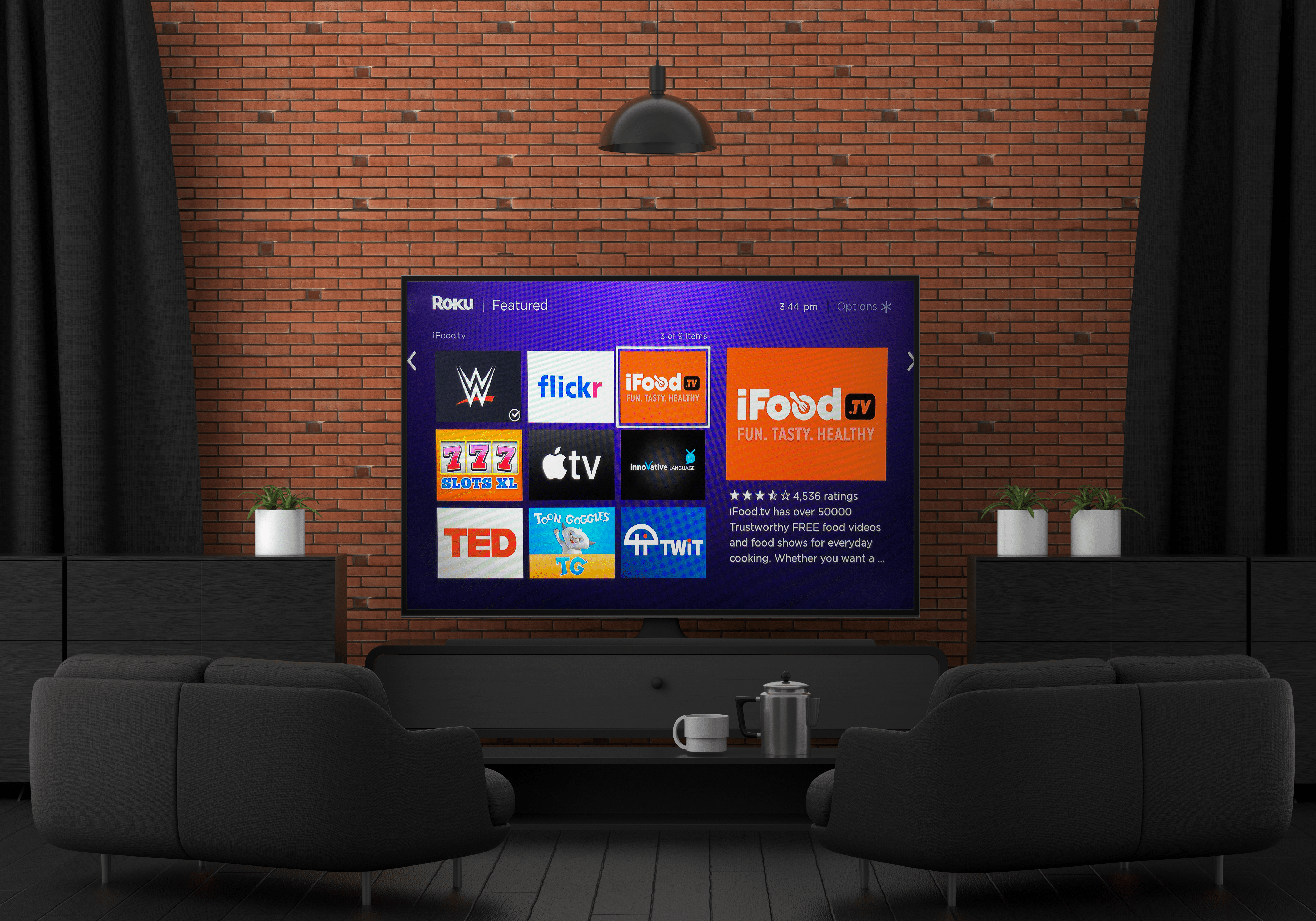In today’s fast-paced world, we often find ourselves glued to our televisions for hours on end. However, turning off your TV could be one of the best decisions you make for your health, relationships, and even the environment.
One of the most significant benefits of turning off your TV is the amount of time you gain. On average, people spend about four hours a day watching television. Imagine what you could do with that time if you weren’t sitting in front of the screen. You could use that time to exercise, read, or learn a new skill. You could spend time with your family, friends, or even your pet. The options are endless, and the benefits are numerous.
In addition to gaining more time, turning off your TV can also benefit your health. Sitting for extended periods can lead to health issues such as obesity, heart disease, and diabetes. By turning off your TV, you can get up and move around, which is essential for maintaining good health. Exercising for as little as 30 minutes a day can help prevent these health issues, and it’s much more enjoyable than watching TV.
Another benefit of turning off the TV is the positive impact it can have on your relationships. When you turn off the TV, you can focus on the people around you. You can have meaningful conversations, play games, or even cook together. These activities can help strengthen your relationships and create lasting memories.
Turning off your TV can also have a positive impact on the environment. TVs use electricity, and by turning them off, you can save a small amount of energy. This may not seem like a lot, but if everyone made an effort to turn off their TVs, it could make a significant impact.
Turning off your TV can have numerous benefits for your health, relationships, and even the environment. By gaining more time, improving your health, strengthening your relationships, and saving energy, you can live a more fulfilling life. So, the next time you find yourself mindlessly flipping through channels, consider turning off your TV and discovering all the amazing things the world has to offer.

Top Benefits of Turning Off Your TV
Turning off your television can bring about numerous benefits to your life. Firstly, it opens up more time for you to engage in physical activities that can improve your overall health and well-being. Instead of sitting on the couch for hours on end, you can utilize that time to exercise, which can reduce the risk of chronic diseases such as heart disease and obesity.
Secondly, turning off your TV can give your brain a much-needed workout. Rather than passively consuming information, you can engage in activities that challenge your mind, such as reading, writing, or learning a new skill. This can lead to improved cognitive function and a reduced risk of cognitive decline as you age.
Lastly, turning off your TV can help you develop stronger relationships with those around you. Instead of spending time in front of the screen, you can engage in meaningful conversations with your loved ones, play games, or participate in activities together. This can lead to improved social connections and overall happiness.
Turning off your TV can lead to improved physical health, cognitive function, and social connections. By utilizing your time more effectively, you can live a more fulfilling and enjoyable life.
The Benefits of Turning Off or Leaving On a Television
It is better to turn off your TV completely rather than leave it on standby mode. When a TV is on standby mode, it still consumes energy, which can add up over time and increase your electricity bills. Additionally, leaving your TV on for extended periods of time can also decrease its lifespan and lead to higher maintenance costs in the long run.
Therefore, it is recommended to turn off your TV when you are not using it, especially at night when you are not watching anything. This will not only help you save electricity and money, but it will also ensure that your TV lasts longer and requires less maintenance. To make it easier to turn off your TV, you can use a power strip or a timer switch that automatically turns off your TV at a certain time.
Turning Off a TV
To turn off your TV, you can use the power on/off button on the TV itself. The location of the power button might vary depending on the model and brand of your TV. On many modern LED/LCD TVs, the power button is often located at the back or under the bottom edge of the TV. You can consult your TV manual to locate the power button. Once you have located the power button, press it to turn off the TV. This will switch off the display and put the TV in standby mode.
Turning Off a TV for Kids
If you want to turn off your TV for kids, there are several fuss-free ways to achieve this. Firstly, you can provide a five-minute warning to your child before switching the TV off. This will give them time to finish up what they’re doing and mentally prepare for the TV being turned off.
Another way to turn off the TV for kids is to keep a large clock near the TV and mark a key transition, such as bedtime, with a sticker on the dial. This will help your child understand when it’s time to turn off the TV and get ready for bed.
It’s also a good idea to let your child push the “off” button themselves, rather than you doing it for them. This will give them a sense of control and responsibility and also make it clear that it’s time to turn off the TV.
Offering an irresistible non-TV alternative, such as a bicycle ride to the park, can be a great way to encourage your child to turn off the TV and engage in other activities. By providing a fun and exciting alternative, you can make turning off the TV a positive and enjoyable experience for your child.
Conclusion
Turning off the television can have a significant impact on our lives. It allows us to free up valuable time that we can use to exercise, learn new things, and strengthen our relationships with others. Not only does it make us more interesting and energetic, but it also helps us save electricity and money. It’s important to remember that turning off the TV doesn’t have to be a daunting task. By providing a five-minute warning, using a large clock, and offering non-TV alternatives, we can make the transition away from television a smooth and enjoyable one. So let’s embrace the benefits of turning off the TV and start living life to the fullest!








